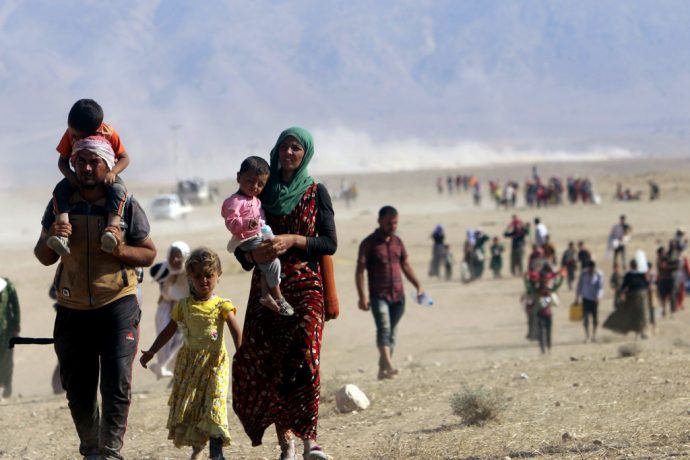Here is Anthony Tsontakis writing late last week at American Thinker:
Has Obama made the world a more dangerous place? That question was the subject of an organized debate one evening in late 2014, and is also the title of a new book of the same name edited by Rudyard Griffiths, who has transcribed and edited the debate to satiate the public’s reading appetite. A careful reading of the debate reveals the fault lines separating two canons of American foreign policy currently competing for supremacy.
For the view that Obama has made the world a more dangerous place, the debate featured Robert Kagan of the Brookings Institution and Bret Stephens of the Wall Street Journal. For the view that Obama has not made the world a more dangerous place, the debate featured Anne-Marie Slaughter of the New America Foundation and Fareed Zakaria of CNN. Each debater treated the question at hand with considerable thought and seriousness, though Kagan and Slaughter emerged for their respective sides as the foreign policy heavyweights to be reckoned with, as representatives we might even say of the two foreign policy canons that emerge from between the lines of the debate.
While the discussion naturally touched on the geopolitical disruptions plaguing the Middle East and North Africa, Ukraine and Russia, the Asia-Pacific Region, and elsewhere, Slaughter used her opening remarks to center the conversation on a deeper level of abstraction: “Blaming Barack Obama for the state that the world is in right now is like blaming a Caribbean island for a hurricane,” she asserted off the bat. Clarifying her meaning, she continued: “in the aftermath of a hurricane, you can certainly criticize the leaders of a country for not doing things to mitigate the damage or make it easier to rebuild, but you cannot blame them for the fact that the hurricane came in the first place.”
Kagan, however, pouncing on what he surely perceived as the weakness of this peculiar hurricane analogy, responded thusly: “Is all of this Barack Obama’s fault? Of course not. Have Barack Obama’s policies made these situations worse? Of course they have.
Read more: American Thinker
Image credit: nypost.com.

